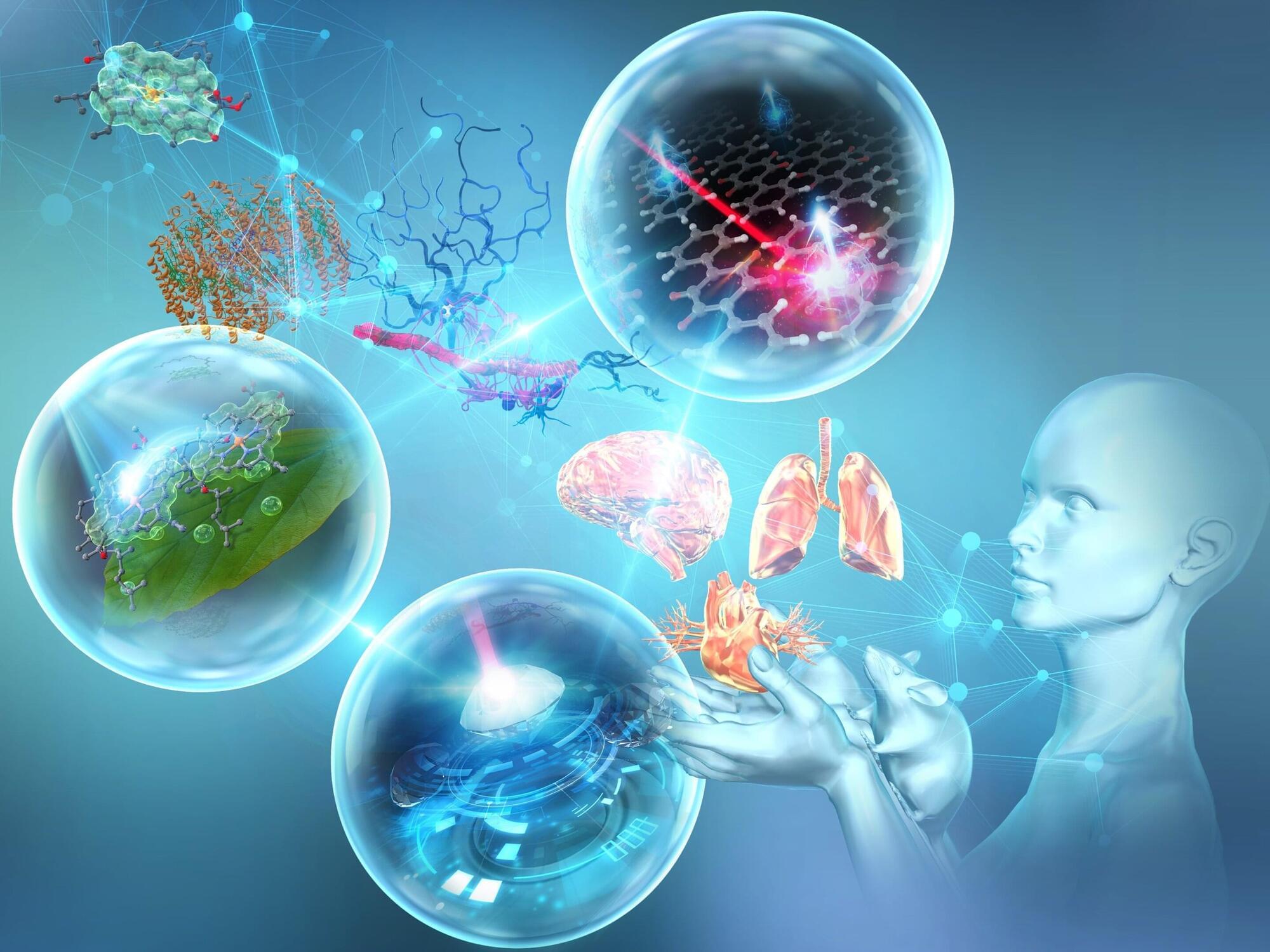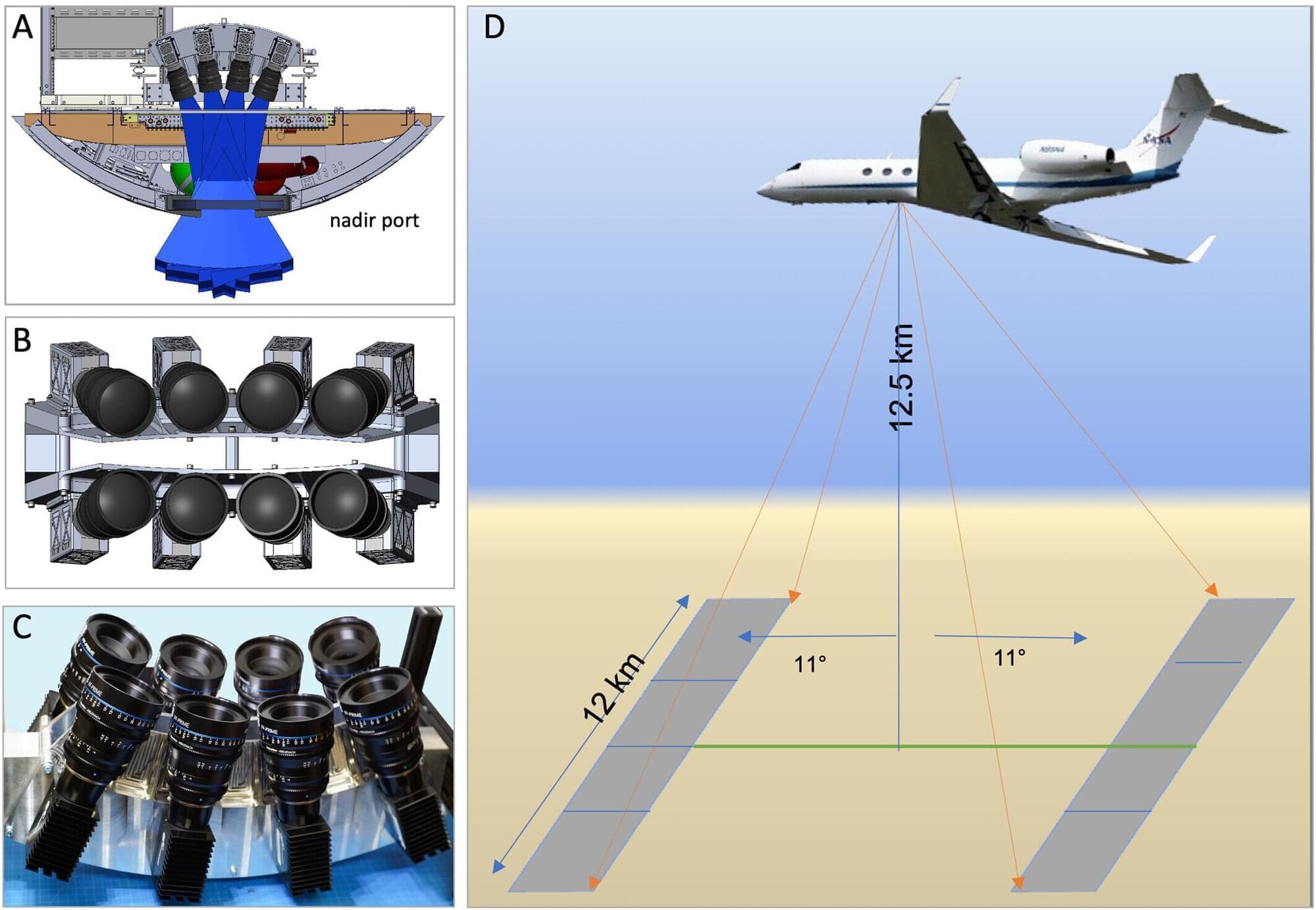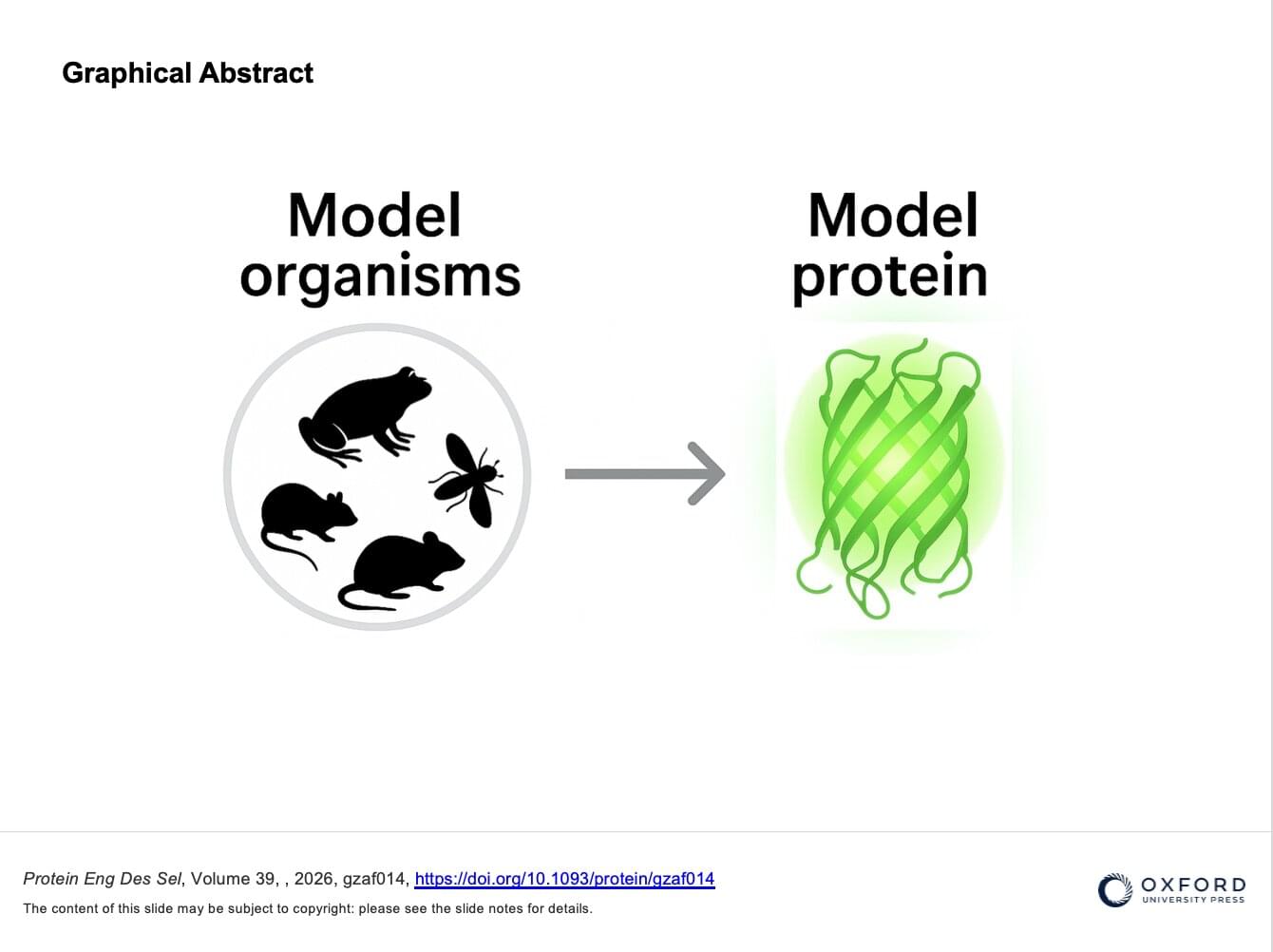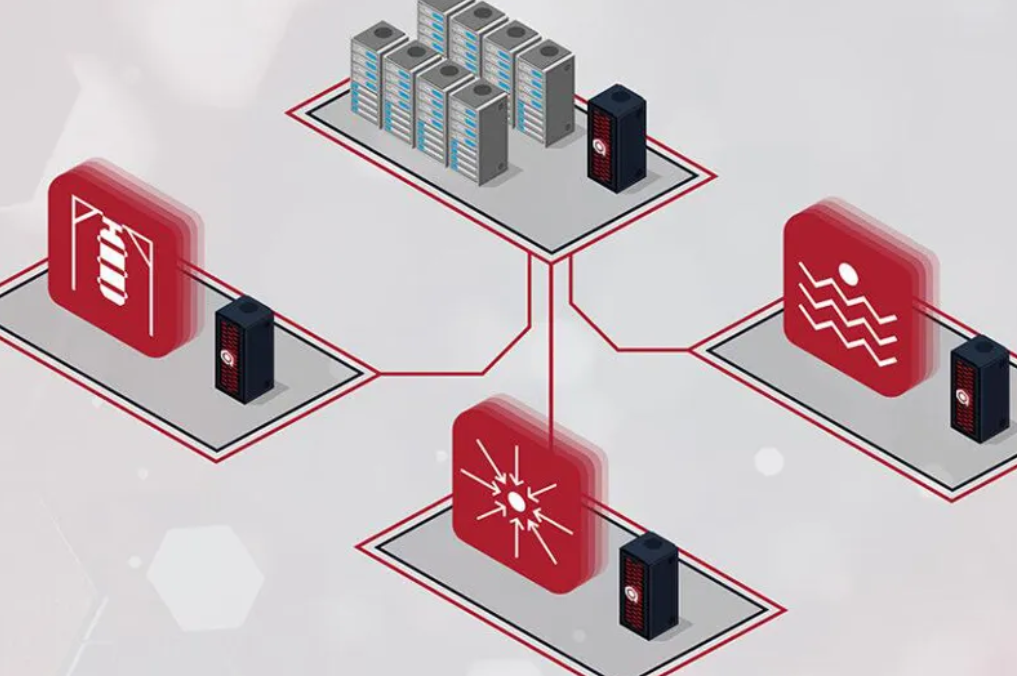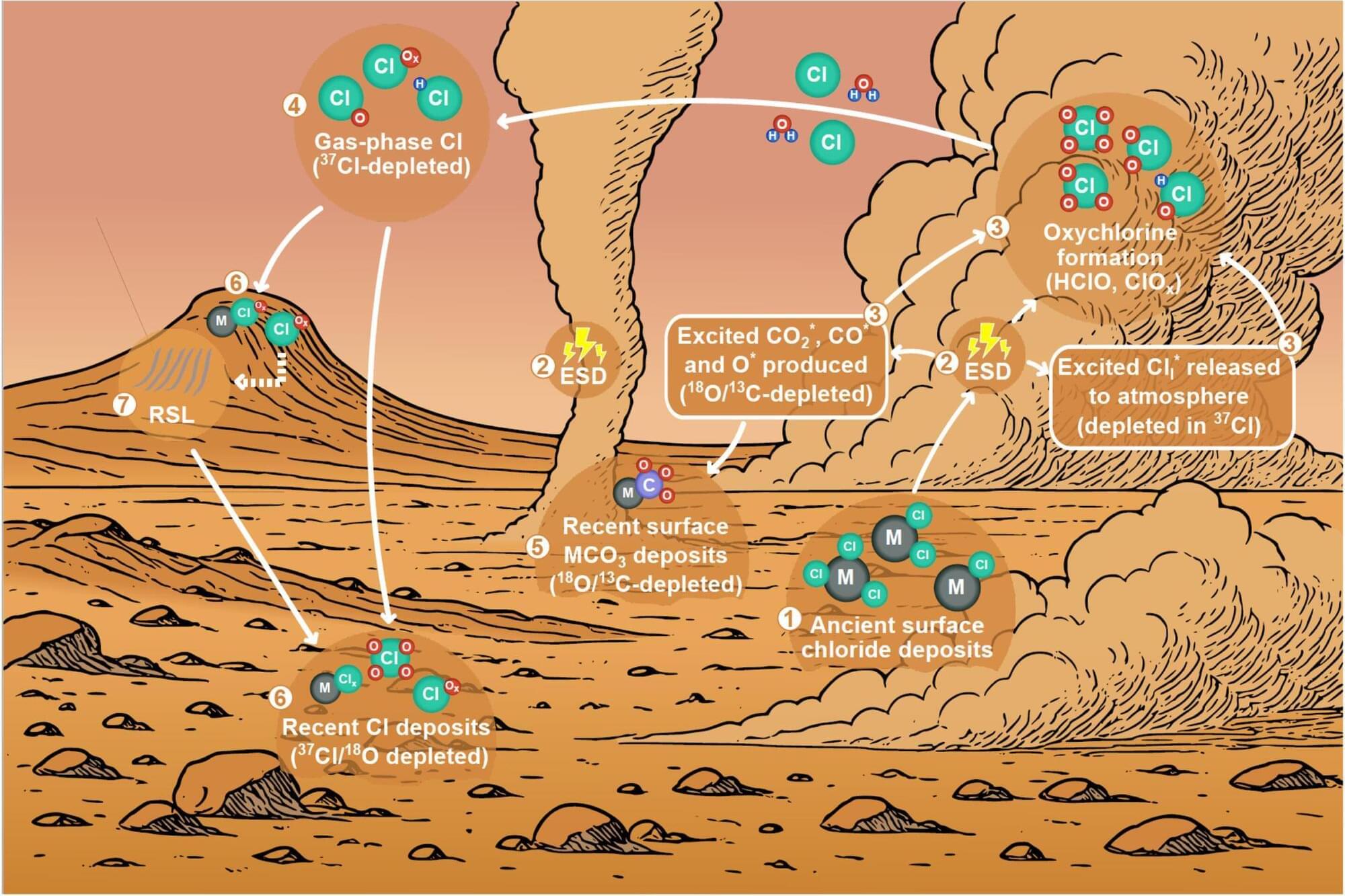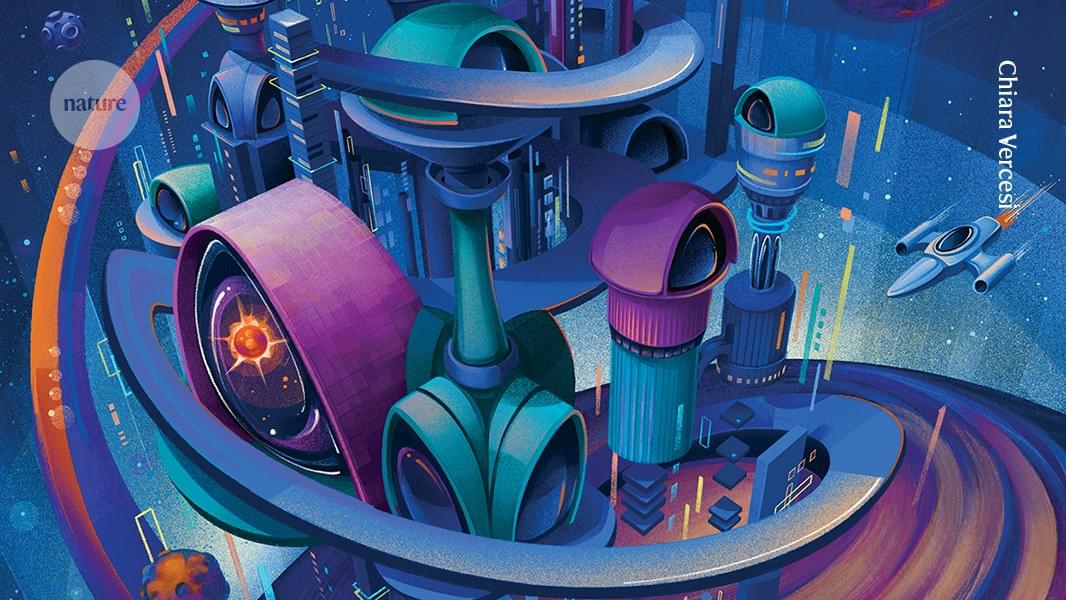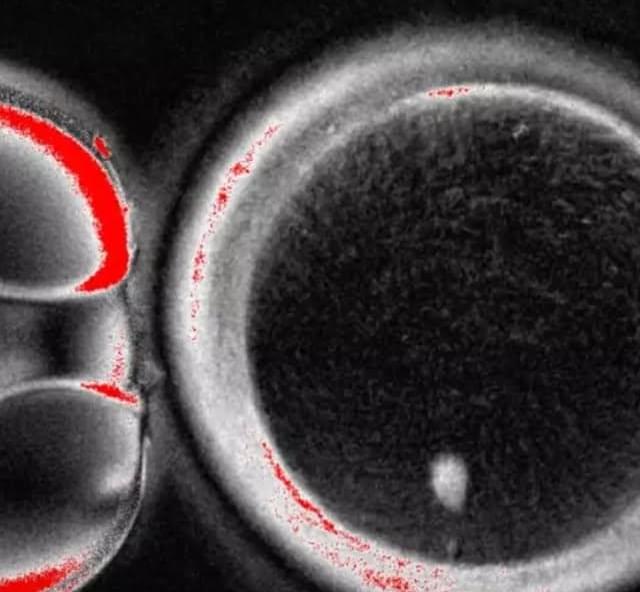PRESS RELEASE — The Department of Energy has renewed funding for the Quantum Science Center, with Los Alamos National Laboratory continuing to play a vital role along with Oak Ridge National Laboratory in the center’s mission to advance quantum science and technology. The center will be funded for $125 million over five years to focus on quantum-accelerated high-performance computing.
“The Quantum Science Center is establishing the scientific and technical foundation for quantum computing,” said Mark Chadwick, associate Laboratory director for Simulation, Computing and Theory. “In this new, critical evolution for the center, the integration of quantum and high-performance computing stands to accelerate advancements in crucial scientific areas related to technological progress and even national security applications.”
The Quantum Science Center combines the efforts of three national laboratories, with ORNL hosting the center and Los Alamos a principal partner alongside various universities, industry partners and other laboratories. Created as one of five National Quantum Information Science Research Centers supported by the DOE’s Office of Science, the Quantum Science Center seeks to create a scientific ecosystem for the advancement of fault-tolerant, quantum-accelerated high-performance computing.
